Slow cooking is a phenomenal and easy way to prepare your meals at home. Whether using a clay pot in the oven or purchasing an electrical cooking pot, the slow cooking method can turn anyone into a master chef. Dining out can be fun, but when it comes to healthy food, the best option remains home cooking, which allows us to choose (control) the ingredients and the way of preparation.
We Are What We Eat
is not only a famous quote but a reality which we need to consider if we want to become healthier. Our wellbeing depends on how we manage our nutrition.
My Initiation into Slow Cooking
In 2011, I had the honor and pleasure to meet one of the best chefs in the world, Angelos Katopodis. He is famous for his New York bakery, Artopolis, as well as for creating the concept of Bluefield Burger in Athens, later to expand into the Middle East.
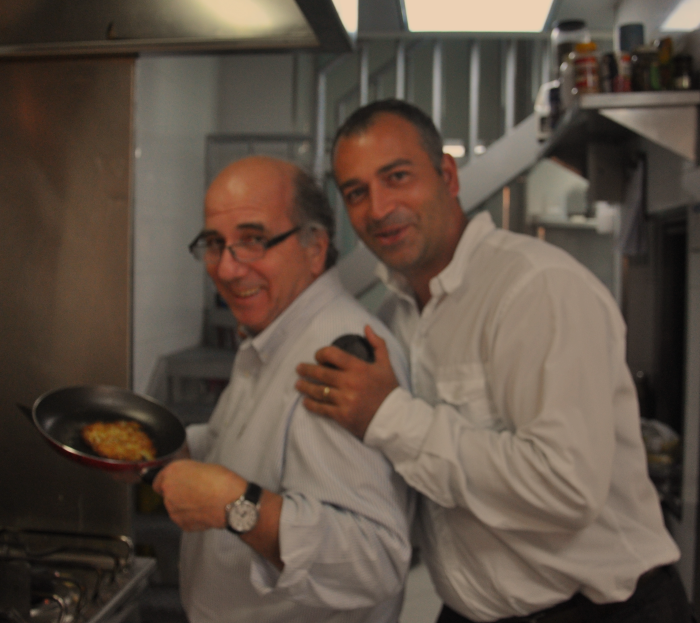
Angelos is a dear friend and one of the kindest human beings I’ve ever met. An extraordinary creative chef, Angelos introduced me to the concept of slow cooking when he prepared a slow cooked beef brisket for me. Before trying his food, I was not a big fan of beef because I didn’t like chewy steaks.
Slow cooking is such an easy method because all you need to do is place the ingredients in a slow cooker and wait a few hours, until it is ready.
For an easy reference, see below the differences between slow and fast cooking.
| Slow cooking | Fast cooking |
| Lower temperature, longer time | High temperature, shorter time |
| Ingredients are better preserved in the final dish | Some ingredients are destroyed partially or totally during the process |
| No fried oils or fats | Most methods involve frying in oil or other fats (excluding barbecue grilling) |
| Ingredient flavors are expressed better | Due to high heat, some flavor is lost |
| Salt enters the meat better when slow cooked at low temperatures | Salt stays only at surface of the meat |
| You can cook any type of meat, no matter how tough. The end result will be a soft, tender and juicy cooked meat. | When cooking meat (whether frying or grilling), the toughness will not turn into tenderness. The meat must be tender before cooking it. |
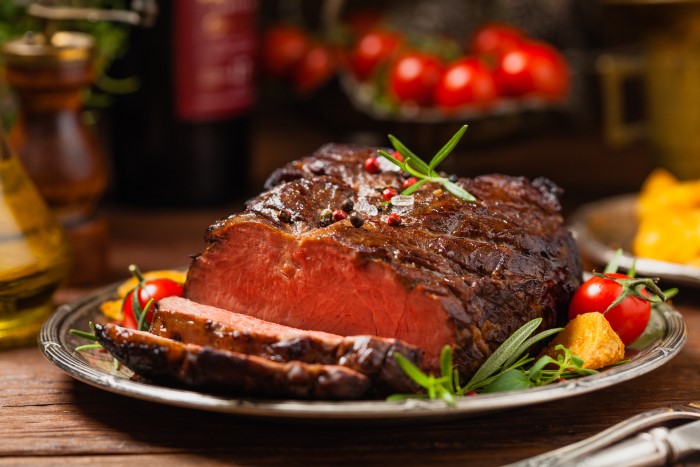
Slow Cooking, a Better Way?
- Slow cooking means using lower temperatures than fast cooking; therefore, the ingredients remain better preserved, without destroying the nutrients
- Slow cooking will turn any meat into the most tender meat
- Slow cooking requires less preparation effort – you basically throw the ingredients in the pot and wait for a few hours
- No frying means saving your liver from trouble
- A slow cooker can turn anyone into a remarkable chef- you may impress your loved ones with your new skills.
- For those of you who “love to” wash dishes, using a slow cooking method requires less dishes to wash during the preparation process.
Slow Cooking Options
- Electrical slow cooker
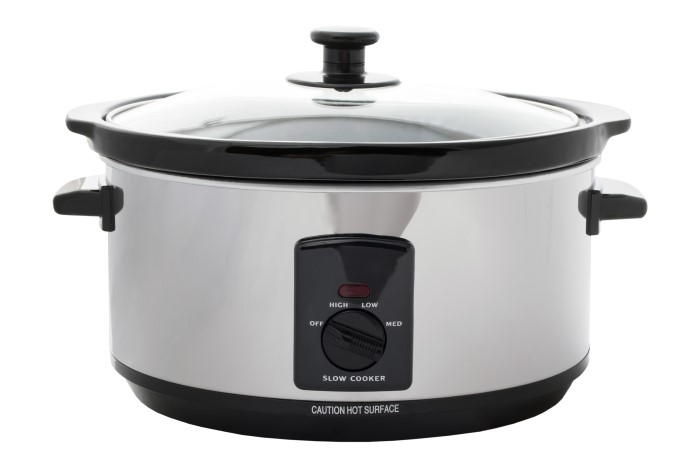
If you want to invest in a slow cooker, there are several options available online which you can find below. Just make sure you order the equipment with the appropriate voltage for your country.
The brand I’ve been happily using for many years is Crock Pot available on amazon for 34 USD.
- A clay or ceramic pot (and of course, an oven)
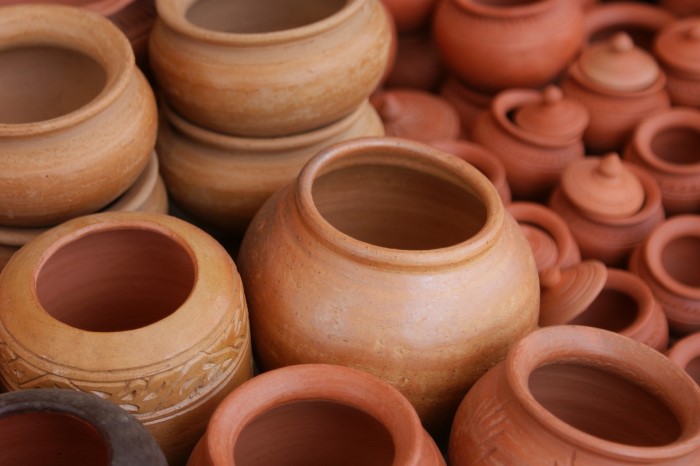
It can be really cheap to buy a clay pot, especially if locally produced. On the other hand, ceramic pots can be even more expensive than an electrical slow cooker. In reality, even if we save some money on a cheaper pot, using the oven for 8 to 10 hours will consume more electricity than a small slow cooker.
A Few Words of Caution
When you store a slow cooking container in the fridge, in order to prevent damage over time, it must be left out until it reaches room temperature prior to reheating the food. If you place it directly in the heater or oven, it will crack. The same goes for the reverse process: do not place a hot pot in the fridge, as it will crack. Let it reach room temperature first.
When you prepare a slow cooked dish, the ingredients must be placed in the slow cooker only when they’ve reached room temperature. Do not put frozen items in the slow cooker, as it will not cook well, or the time of cooking will not be the same as described in the recipe below.
My Favorite Slow-Cooked Recipe
(credit to Chef Angelos Katopodis)
Ingredients:
1 kg of meat (boneless beef) 70 % meat 30% fat
1 teaspoon salt
Half teaspoon pepper
1 tablespoon olive oil
1 tablespoon soy sauce (my personal addition to Angelos’ recipe)
1 tablespoon of smoked paprika powder
4 tablespoons of water
You may add in potatoes and carrots as a side, but if you want a protein-only meal, keep it simple.
Preparation:
Choose the best piece of meat from the butcher based on your intuition, preferably chilled and not frozen. The butcher will offer to cut it in smaller pieces and remove the fat. Do not accept this offer. Take the meat as it is, wash it gently, clean it energetically with your hands, and place it in the slow cooker. In a small glass add the salt, pepper, olive oil, water, soy sauce and paprika powder. Mix them well and pour on top of the meat. Keep it in the slow cooker or oven at low temperature (around 100 Degrees Celsius) for 8 hours. Enjoy a perfectly tender beef steak!
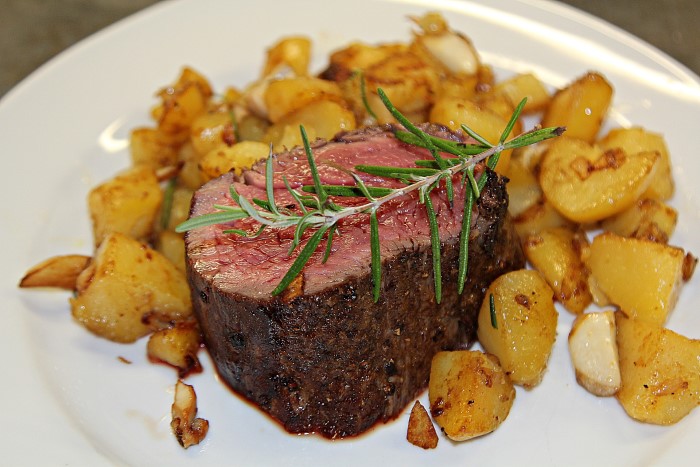
Benefits of Beef
While you can cook almost anything in a slow cooker, my favorite dish is slow cooked beef. Beef contains the best natural protein, helping to maintain the muscles and DNA in great condition. It is a good source of zinc, an vital element for those who seek longevity. Zinc also supports hair, nail and skin health.
Beef is rich in Niacin, Riboflavin, Vitamin B6 and B12 which increase vital energy and reduce tiredness. Another element of importance for our health is iron, which is plentiful in a chunk of beef. Iron supports the immune system.
The Ki Train Method promotes the practice of moderation; we shouldn’t eat more beef than we need. If we eat too much beef, our uric acid levels will increase, which could negatively affect our kidneys.
